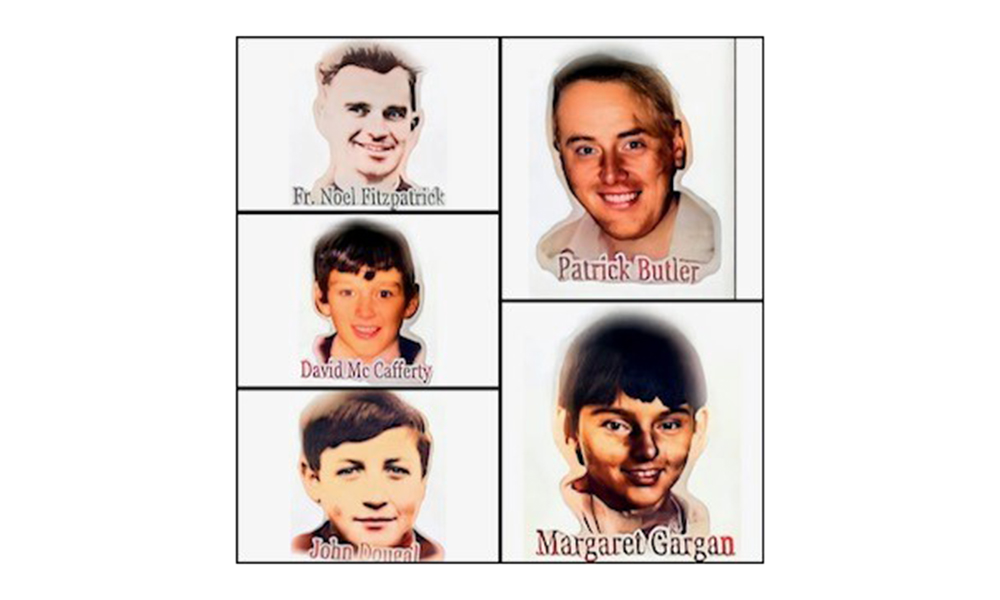The inquest into the deaths of five people killed by the British Army in the Springhill/Westrock area will resume on Monday 22nd January. The victims’ teenagers, John Dougal 16, David McCafferty 15 Margaret Gargan 13, father of five Paddy Butler 37 and Fr Noel Fitzpatrick 42 were all shot dead in July 1972. Over the next number of months, the inquest will hear evidence from expert witnesses in relation to pathology, ballistics and the topography of the Springhill and Westrock area where the five victims were killed. Nearly 20 military witnesses have come forward and made statements, but it is unclear whether they have admitted any involvement in the killing of the five victims. The coroner Mr. Justice Schofield, who previously expressed his concerns about the ‘hard cut off point’ of 1st May 2024 hopes that the inquest will conclude before May.
Of the five victims killed three were killed by a single shot to the head one was shot in the back and the other in the chest. Five soldiers who were referred to as Soldiers A, B, C, D, E and F at the original inquest said they all fired on gunmen However, no firearms were recovered from the scenes of where the victims were killed and there was no evidence that any of the five people had handled weapons despite the claims by the British soldiers that those killed were gunmen.
The British Army have stated that they had used legitimate force on the day whilst the victims’ families and the Springhill community say the force used was unjustified and that those killed were not gunmen. Martin O’Rourke counsel for the coroner said that the original investigations into the five deaths would not withstand modern day scrutiny and the inquest files prepared for the original inquest in 1973 would be viewed as totally inadequate. It seems inconceivable that “inquests into the five deaths could be carried out in a single day.” Today’s inquest he said will bear no resemblance to that original inquest.”
The Ministry of Defence (MoD) continued to criminalise the Springhill Community and civilian witnesses since the inquest began in an effort to deflect from the British army’s killing of the five victims. Counsel for the MoD Joseph Aiken defended his line of questioning of civilian witness as he sought to try and make the case that the entire Springhill community was assisting the IRA in their armed attacks on the British army.











